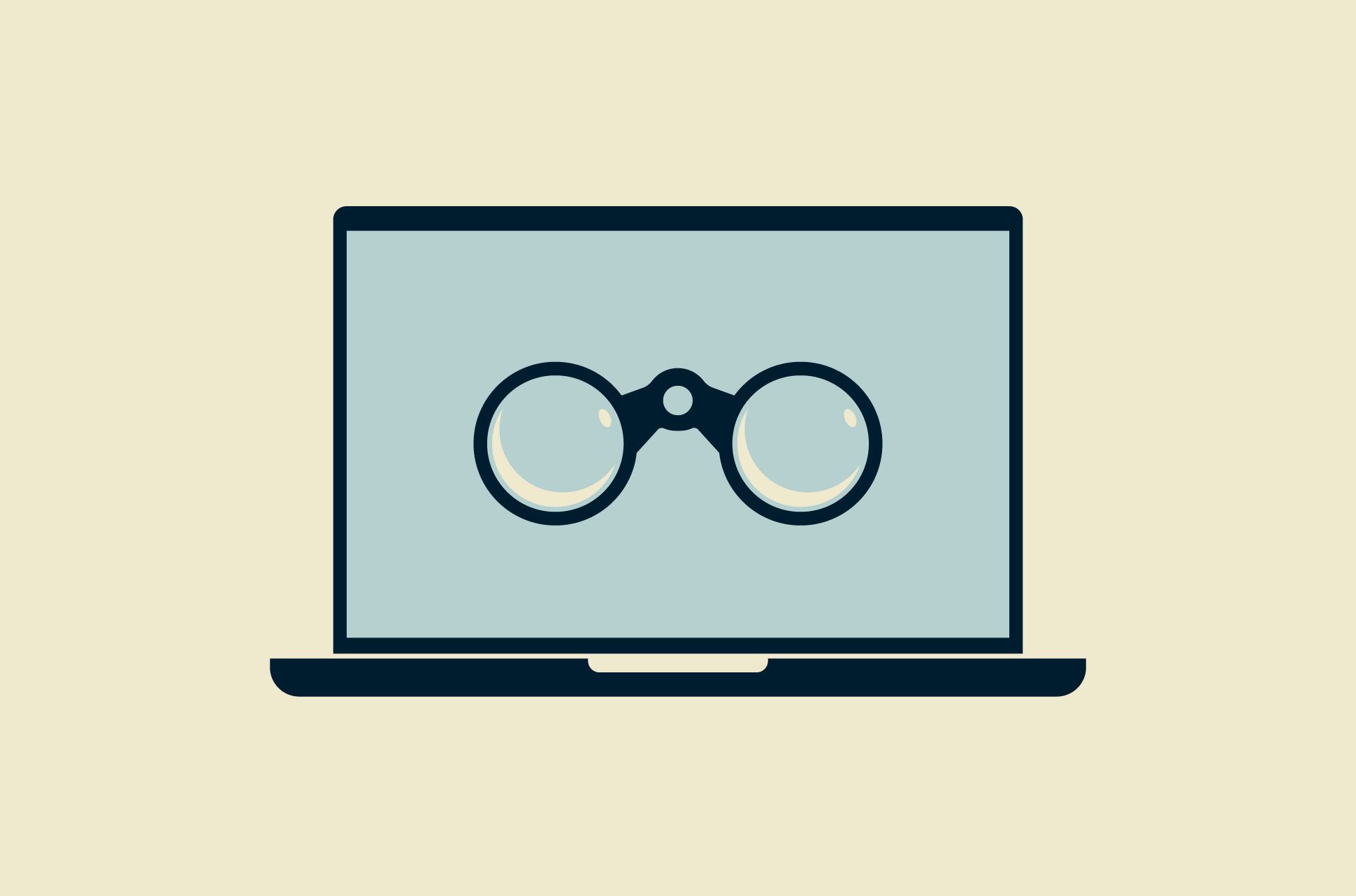
Are you being spied on online? The short answer is: probably.
This post will take a look at the key ways third parties could be snooping on your online activities right now.
Government surveillance
Your government is almost certainly spying on you. In the U.S., the National Security Agency (NSA) legally collects private data including:
- Emails, messages, and other data from your accounts with AOL, Apple, Facebook, Google, Microsoft, PalTalk, Skype, Yahoo, YouTube, and others
- Internet traffic passing through undersea fiber optic cables, which it taps in collaboration with governments around the world
- Cell phone locations in some countries outside the U.S. It collects around 5 billion records per day
In the UK, the Tempora program intercepts internet traffic for surveillance purposes in partnership with the country’s telecom companies and the NSA.
These are just the programs we know about, based on leaked information. So there’s also the possibility that new and secret surveillance programs are spying on us in other ways, too.
Read more: Best messaging apps for privacy and security
Unsecured internet connections in public spaces
You might have secured your own network and computers with firewall and security software. You probably also have an authenticated connection to your ISP. But how secure is the path your data takes when you transmit it over the internet?
Unless you’re using a VPN, not very. When you send or receive data packets online, you know when they reach their destination. But you don’t know which networks that data passed through on its way to that destination—or who might have made a copy. It’s possible that your internet traffic is being spied on, by other parties as well as government agencies.
Malicious software and phishing attacks
If your computer is infected with malicious software, then it could be spying on you too. Types of malware that can steal your data include:
Keyloggers – These programs record every keystroke you make and send it to a third party, to track your activity or steal information like credit card numbers.
Adware – Websites you visit are tracked and sent to a third party, which uses the data to target ads based on your browsing history.
Spyware – Software that appears to serve a useful purpose but that also steals your data. The infamous CoolWebSearch download presented itself as a browser add-on, but it also stole chatlogs, account credentials, bank information, and more. There has been a rise in sophisticated software, like Predator spyware, that turns phones into surveillance tools.
Phishing sites have also grown in prevalence over the past few years.
Read more: Frightening reality: You can buy ransomware as a service
ISPs
As mentioned earlier, you've probably got an authenticated connection with your ISP, but did you know your ISPs can collect and sometimes monitor all your online activities?
In 2019, the U.S. House of Representatives passed a resolution to overturn a Federal Communications Commission rule that requires ISPs to obtain customer permissions before sharing their internet browsing history with other companies.
Ultimately, the lack of privacy rules is a huge loss for consumer privacy which leads us to our next point...
Third-party tracking cookies
Web advertising distribution networks get a cookie from your browser every time you see one of their ads. Each cookie includes information that identifies you, either by your IP address or your browser’s unique identifier.
If the ad distributor is big enough, you’ll see their ads on lots of different sites. And they’ll get a cookie each time. The result is that the advertiser can track your browsing activity and use the data to target ads more effectively.
Most commercial websites now warn you that “This website uses cookies to improve the user experience.”
Whether or not this constitutes spying is a matter of perspective. But these tracking cookies could undoubtedly be considered a sneaky invasion of your privacy.
Measures to protect you from spies
If you want to protect your data from secret surveillance, consider the following steps.
- Use a VPN to encrypt your internet traffic, so spies can’t open data packets even if they intercept them
- Disable third-party cookies in your browser. It’s a simple option in Chrome, Firefox, and others, or get a browser that blocks third-party cookies by default.
Take the first step to protect yourself online. Try ExpressVPN risk-free.
Get ExpressVPN


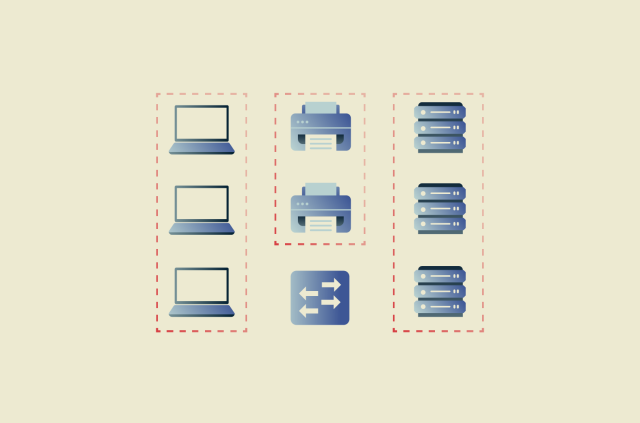
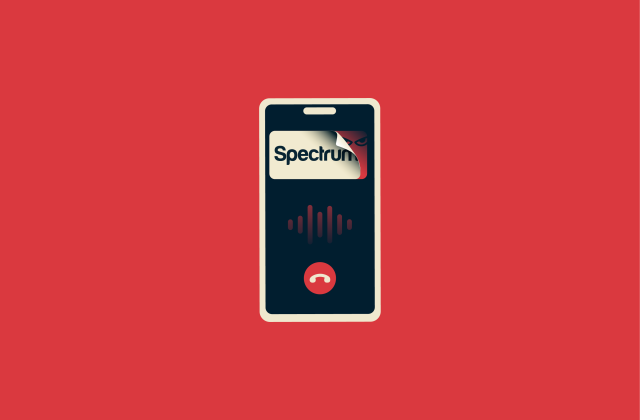
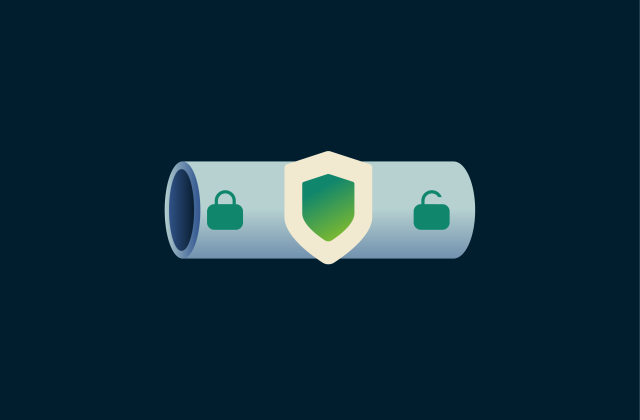
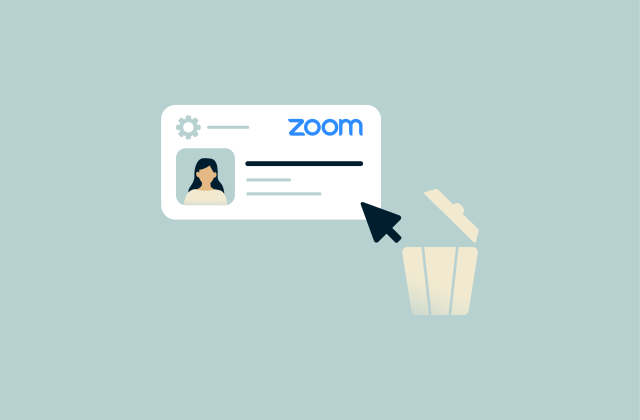
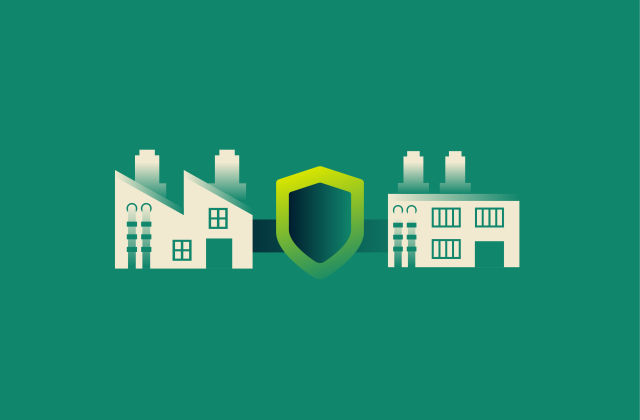
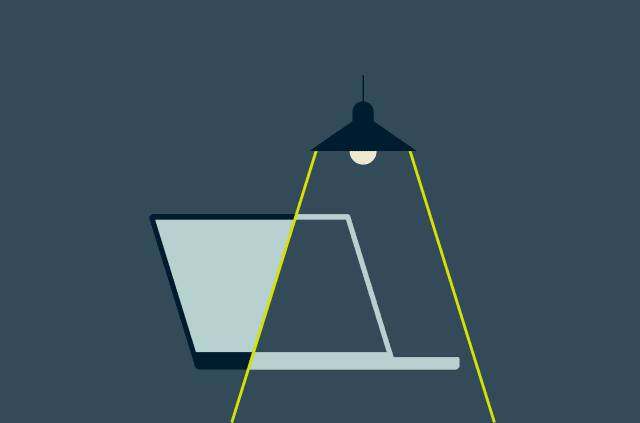
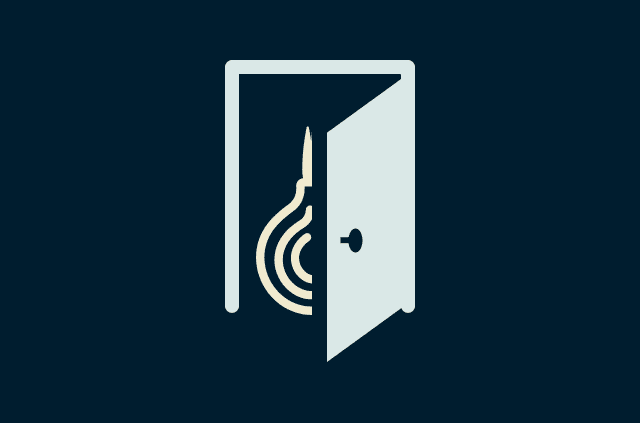
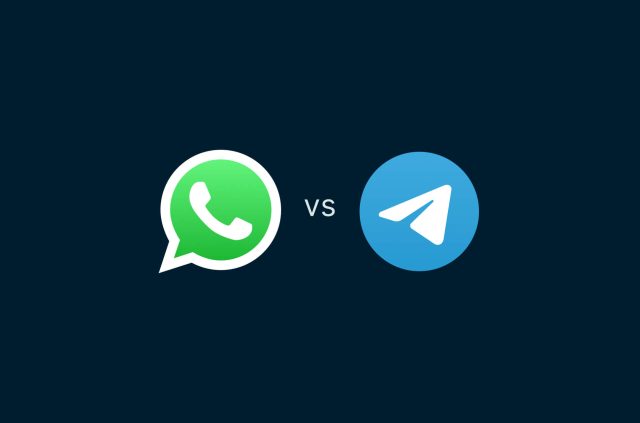

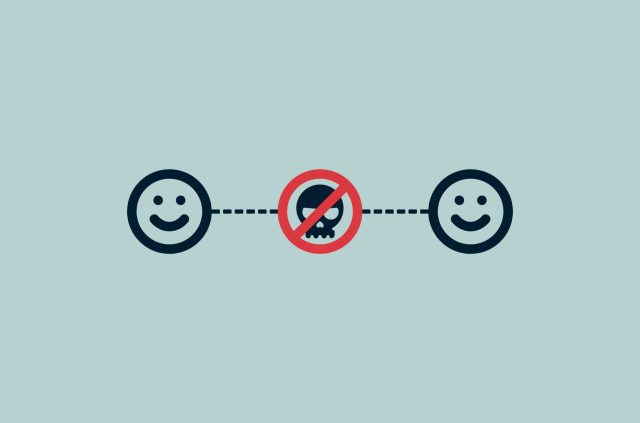
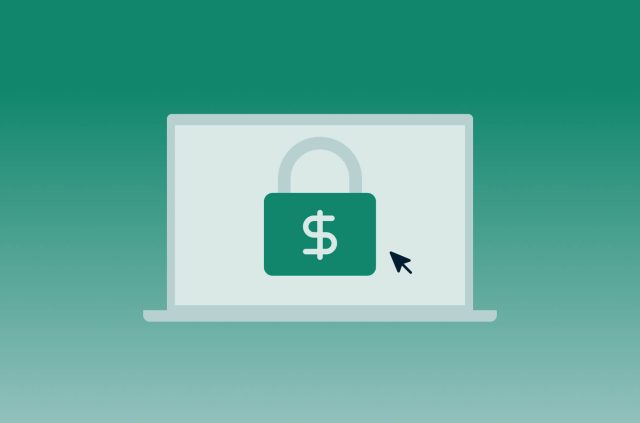
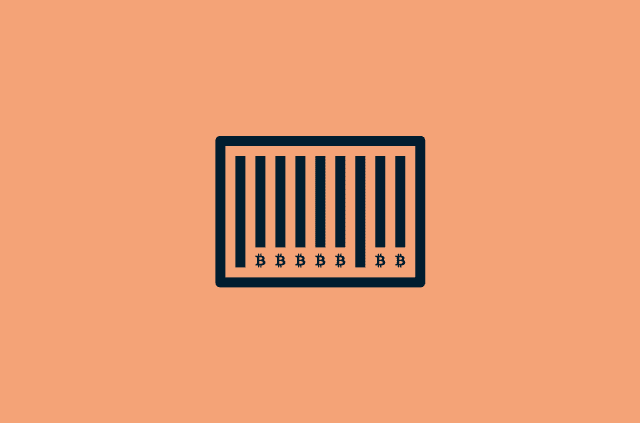
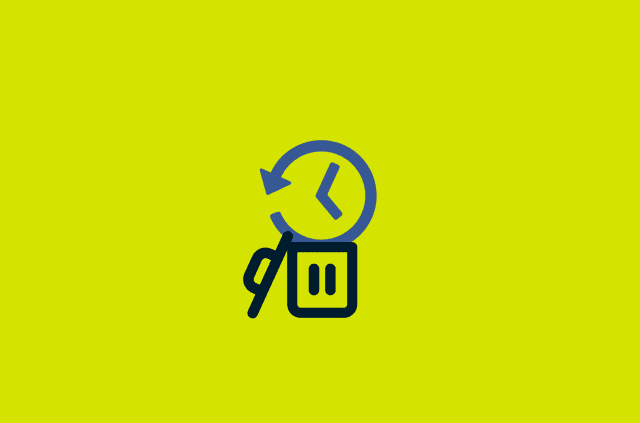




Comments
Excellent article - well laid out, concise and easy to comprehend Thank you
Help me to connect properly and is there an extra cost for other devices?
Hi Howard, you can use one subscription on five devices simultaneously, but you can install the app on as many devices as you like! If you need help setting up, please contact the Support Team. They'll get you sorted in a jiffy!